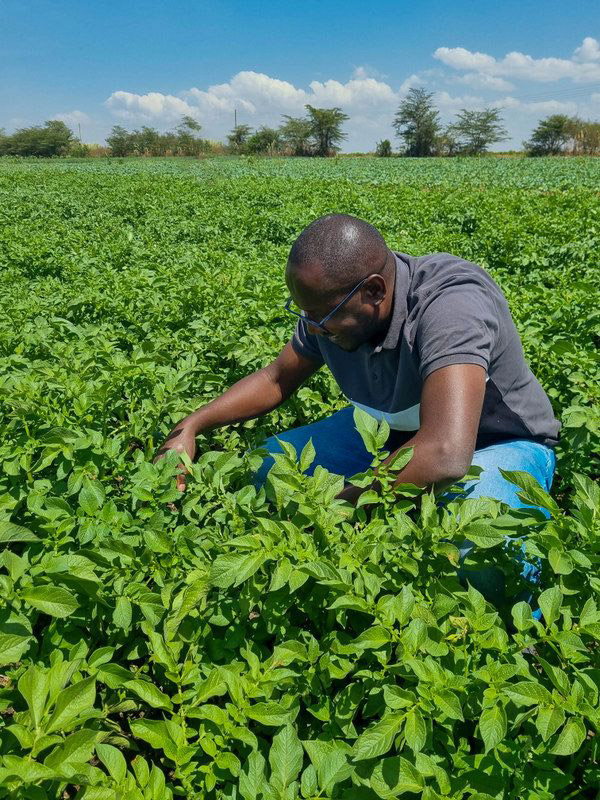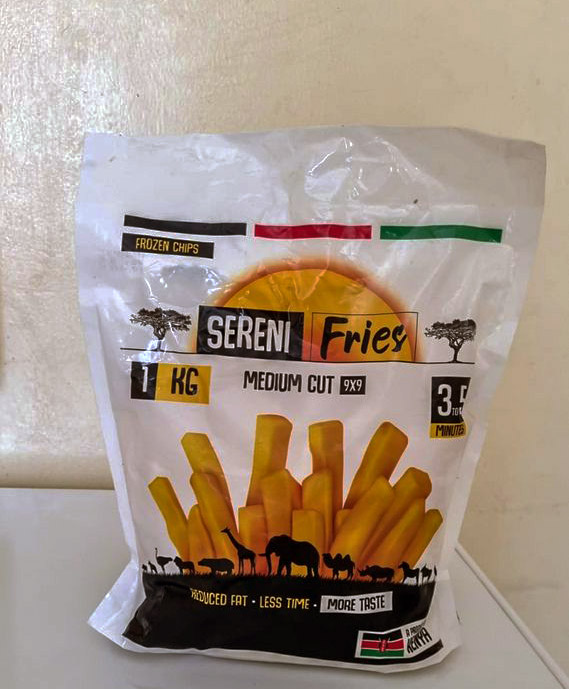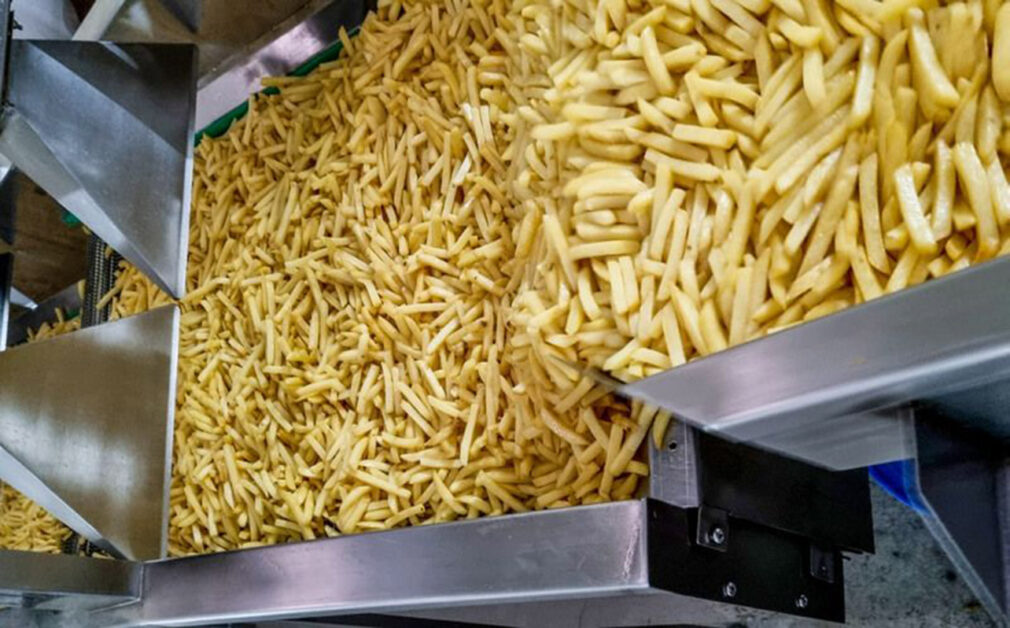[tta_listen_btn listen_text=”Audio” pause_text=”Pause” resume_text=”Resume” replay_text=”Replay”]
IN June 2007, Humphrey Mburu was excited to begin work at a local bank. The excitement didn’t last, however. Just weeks into the job, he realised banking was not for him.
“I felt I was not cut out for the corporate world. I was not maximising my potential, and I wanted to experience some freedom that comes with self-employment, both socially and financially,” he said.

While the regular pay meant he needed to stay on the job, that didn’t mean he couldn’t keep an eye out for other opportunities. After a conversation with a client, Mburu began to realise there were numerous opportunities in the agro-processing industry. In 2012, he called it quits at the bank and established Sereni Fries.
“Sereni is coined from the Maasai word ‘Eseriani’ which means ‘good’, ‘well-being’. That’s how I came up with the name,” he said.
The first stage of the business included the processing of fresh-cut potatoes for local establishments, including hotels, restaurants and fast food outlets, including Chicken Inn. During this early period, Mburu’s processing plant would process 50 kilograms of potatoes daily.
“There was a need for preprocessed products in the service industry that needed the convenience of such products reliably,” he explained.
Initially, Sereni Fries Limited depended on the open market to source potatoes, which exposed the business to numerous challenges, including price uncertainties, compromises in the quality of potatoes, and scarcity.
This pushed the company to integrate contract farmers into their growth model, curbing the challenges.
“It has now become easier to plan for our products more effectively,” Mburu explained.
“Our products have been certified by the KEBS (Kenya Bureau of Standards) and have satisfied the local food safety standards to trade in food products locally.”

The company, which has 46 full-time employees and 15 casual workers, is now seeking international certification ISO 202000, which will allow the business to trade with global brands and export processed potatoes.
In order to continue improving quality, the company also organises workshops and training for contracted potato farmers.
Contract farming has been a game-changer for farmers as they now receive a guaranteed price and off-take for their produce even before planting.
“This is a shift from traditional practice where we were left at the mercy of middlemen whose prices were very low, especially during the glut periods. We are now able to benefit from technical support from agronomists who help us with agronomy support for better yields,” one of the contract farmers said.
The contract system and workshops help to ensure that farmers deliver potatoes with precise specifications, which the business requires to process sufficient quantities of commercial frozen fries for large-volume restaurants.
“The potatoes required for French Fries processing must have a very smooth surface to reduce wastage, have a higher dry matter content to achieve the desired texture and crispness, and be oval-shaped to have the correct length for the final product,” the farmer explained.
“We have specific potato varieties that are suitable for processing and have been approved for production in Kenya. They include Markies, Rock, and Challenger,” Mburu added.
Sereni Fries Limited is currently the leading supplier for Simbisa Brands, which has been operating in Kenya for over two decades. The company owns brands that include Chicken Inn, Pizza Inn, Creamy Inn, Galito’s, Stop & Shop and Bakers Inn.
He may be happier than he would have been in a banking job but Mburu is far from done.
“We still have a lot to do on the supply and production end of the value chain to attain the critical mass to sustain the local market and export the surplus,” he said.














